As property owners, it’s essential to pay attention to the quality of the air that we breathe inside our homes and workplaces. Indoor air quality (IAQ) refers to the overall condition of the air within indoor spaces, and it plays a crucial role in maintaining a healthy and comfortable environment. Poor indoor air quality can result from a variety of factors, such as inadequate ventilation, high levels of pollutants, and excessive moisture or humidity. These conditions can lead to adverse health effects and negatively impact the comfort and efficiency of your property’s heating, ventilation, and air conditioning (HVAC) system.
Stay tuned as we delve into the importance of maintaining good indoor air quality for your residential, light commercial, multi-family, commercial, mechanical, or rural property. Our professional technicians will discuss common indoor air pollutants, sources of poor IAQ, and health effects associated with long-term exposure to poor air quality. Additionally, we will explore effective solutions and best practices to help improve the air quality in your property, ensuring the well-being of the occupants and optimizing the performance of your HVAC system.
Identifying Sources of Indoor Air Pollution
To effectively address and improve indoor air quality, it is vital first to identify the sources contributing to air pollution in your property. The primary sources of pollution can usually be traced back to indoor and outdoor pollutants seeping into your property or getting circulated by your HVAC system. Some common sources of indoor air pollution include:
- Building materials and furnishings, such as adhesives, paints, and pressed wood products, which emit volatile organic compounds (VOCs)
- Tobacco smoke, which contains harmful particles and chemicals like formaldehyde and benzene
- Biological pollutants, such as mold growth, pet dander, and dust mites
- Outdoor pollutants that seep indoors, such as pollen, vehicle exhaust, and industrial emissions
By identifying these sources, you can develop targeted solutions to tackle each issue, resulting in a healthier and more comfortable indoor environment.
Improving Ventilation and Airflow
One of the most effective ways to improve indoor air quality is to ensure proper ventilation and airflow throughout your property. Proper ventilation helps to dilute and remove indoor air pollutants, and it can also help control indoor humidity levels. Here are some practical ways to improve ventilation and airflow:
- Regular maintenance of your HVAC system, including routine check-ups, filter replacements, and duct cleaning
- Opening windows and doors whenever possible to let in the fresh outdoor air, especially during milder weather
- Installing exhaust fans in high-moisture areas such as bathrooms and kitchens
- Using air purifiers or air cleaners with High-Efficiency Particulate Air (HEPA) filters to remove airborne allergens and particles
Regular Maintenance of Your HVAC System
Your HVAC system plays a crucial role in maintaining indoor air quality by circulating and filtering the air within your property. To ensure optimal performance, it is crucial to perform regular maintenance, such as:
- Replacing air filters on a routine basis, typically every three months or more frequently if necessary
- Scheduling annual maintenance checks for your HVAC system to detect any potential issues early and ensure proper functionality
- Having your ductwork inspected and cleaned by professionals periodically to prevent dust, mold, and other debris from circulating throughout your property
Investing in Indoor Air Quality Solutions
In addition to the steps mentioned above, you may also consider investing in some indoor air quality solutions specifically designed to purify and enhance the quality of the air within your property. Some popular options include:
- Air purifiers or air cleaners utilize HEPA filters or UV light technology to capture airborne pollutants, allergens, and odors, resulting in cleaner and fresher indoor air
- Whole-home humidifiers or dehumidifiers help achieve ideal indoor humidity levels, improving comfort and preventing mold and mildew growth
- Ultraviolet (UV) germicidal lamps can be installed in your HVAC system to neutralize bacteria, viruses, and other harmful microorganisms before they are circulated throughout your property
Implementing these solutions, in combination with proper ventilation and HVAC maintenance, will drastically improve indoor air quality and create a healthier living environment.
Conclusion
Maintaining good indoor air quality is not just an essential aspect of overall property maintenance, but it is also crucial for the health and well-being of occupants. By understanding the sources of indoor air pollution, implementing appropriate air quality solutions, and ensuring proper ventilation and HVAC system maintenance, you can significantly improve the indoor environment within your property. Don’t let poor air quality affect the health and comfort of your property’s occupants.
To protect the well-being of your family or the occupants of your residential, light commercial, multi-family, commercial, mechanical, or rural property, partner with our expert technicians at Affordable Air McCallum LLC. We will work alongside you to assess and improve your property’s indoor air quality, providing tailored HVAC services in Heber Springs that make a positive impact on the air you breathe. Reach out to our professionals today to create a healthier and more comfortable indoor environment for you and your property’s occupants.
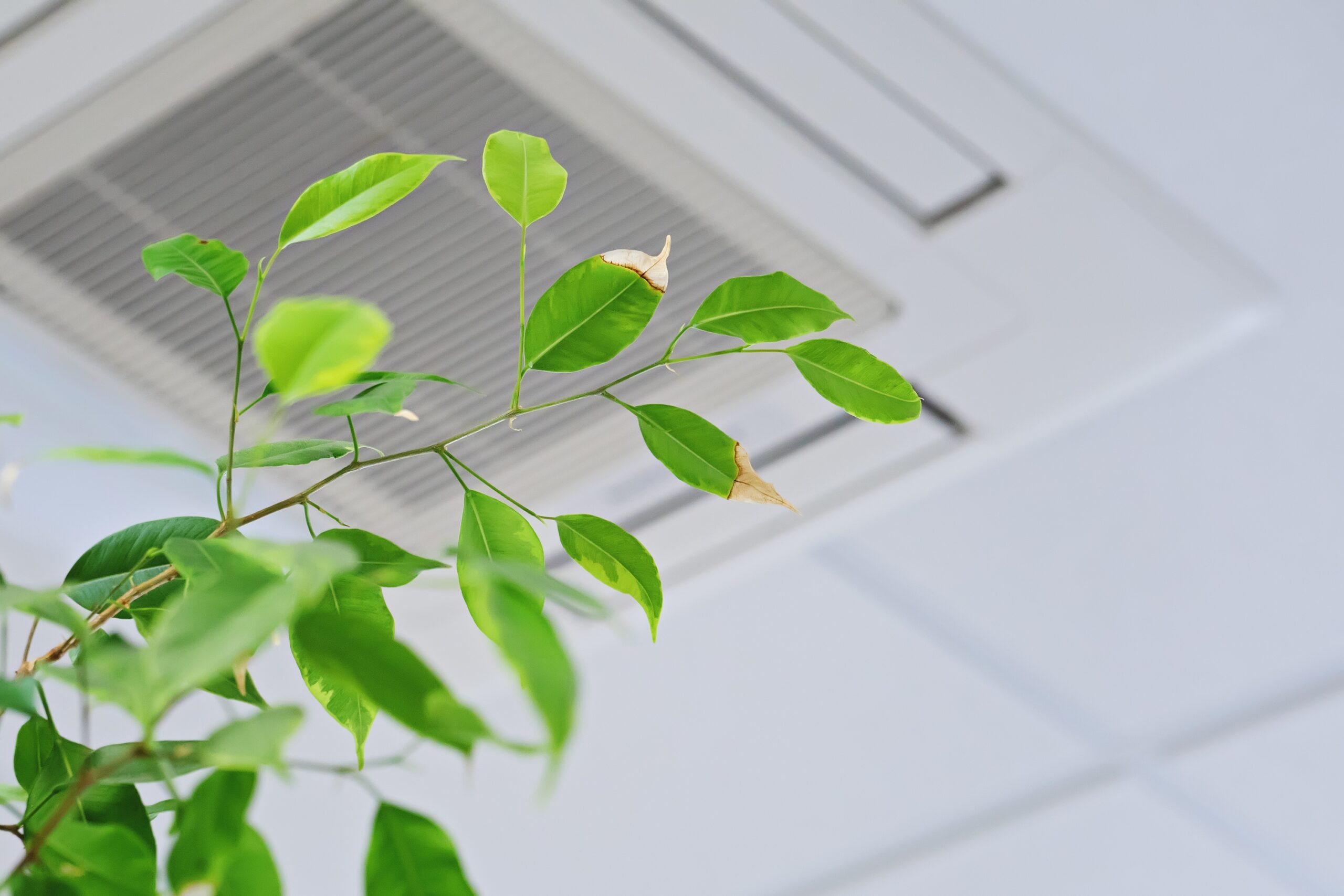
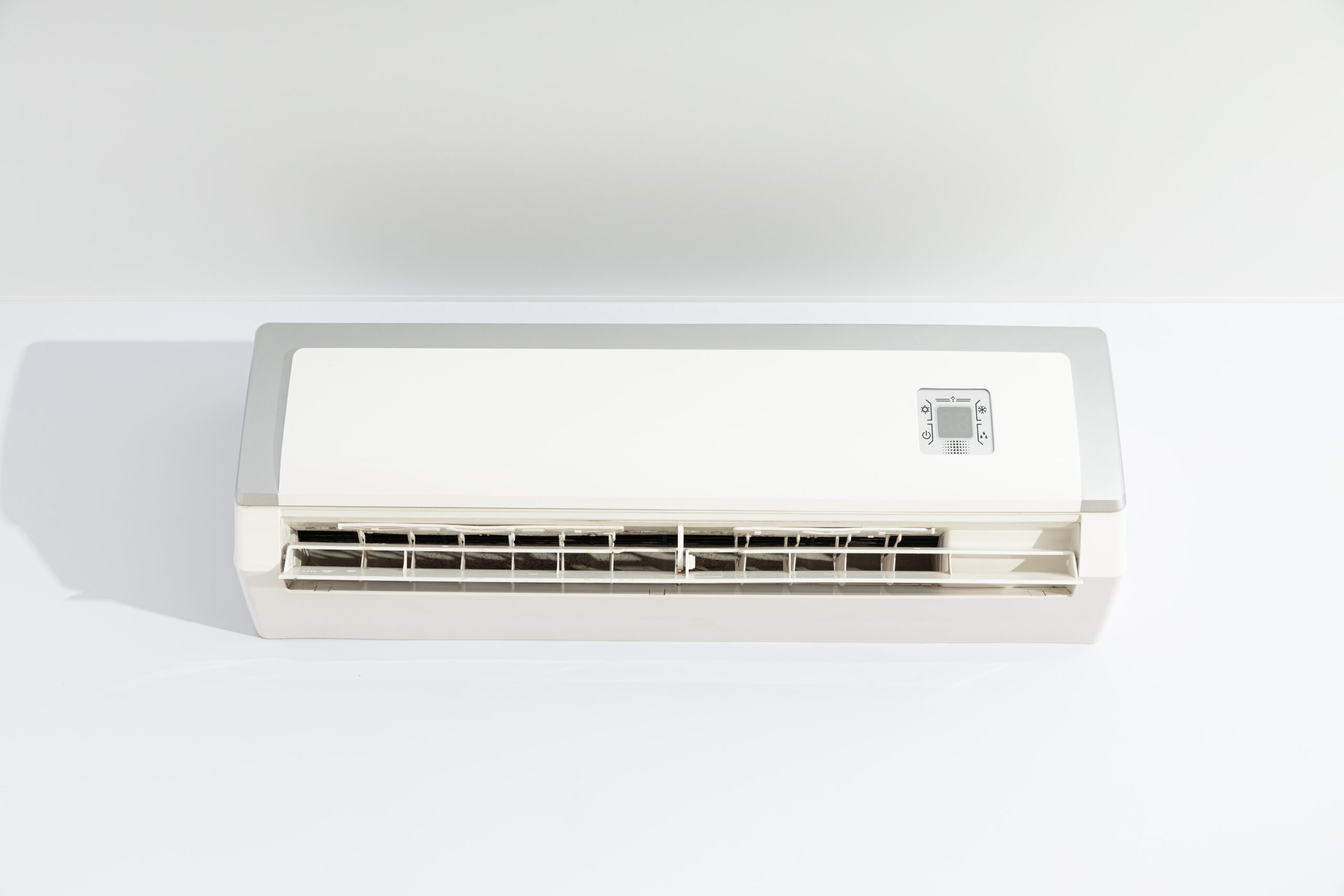
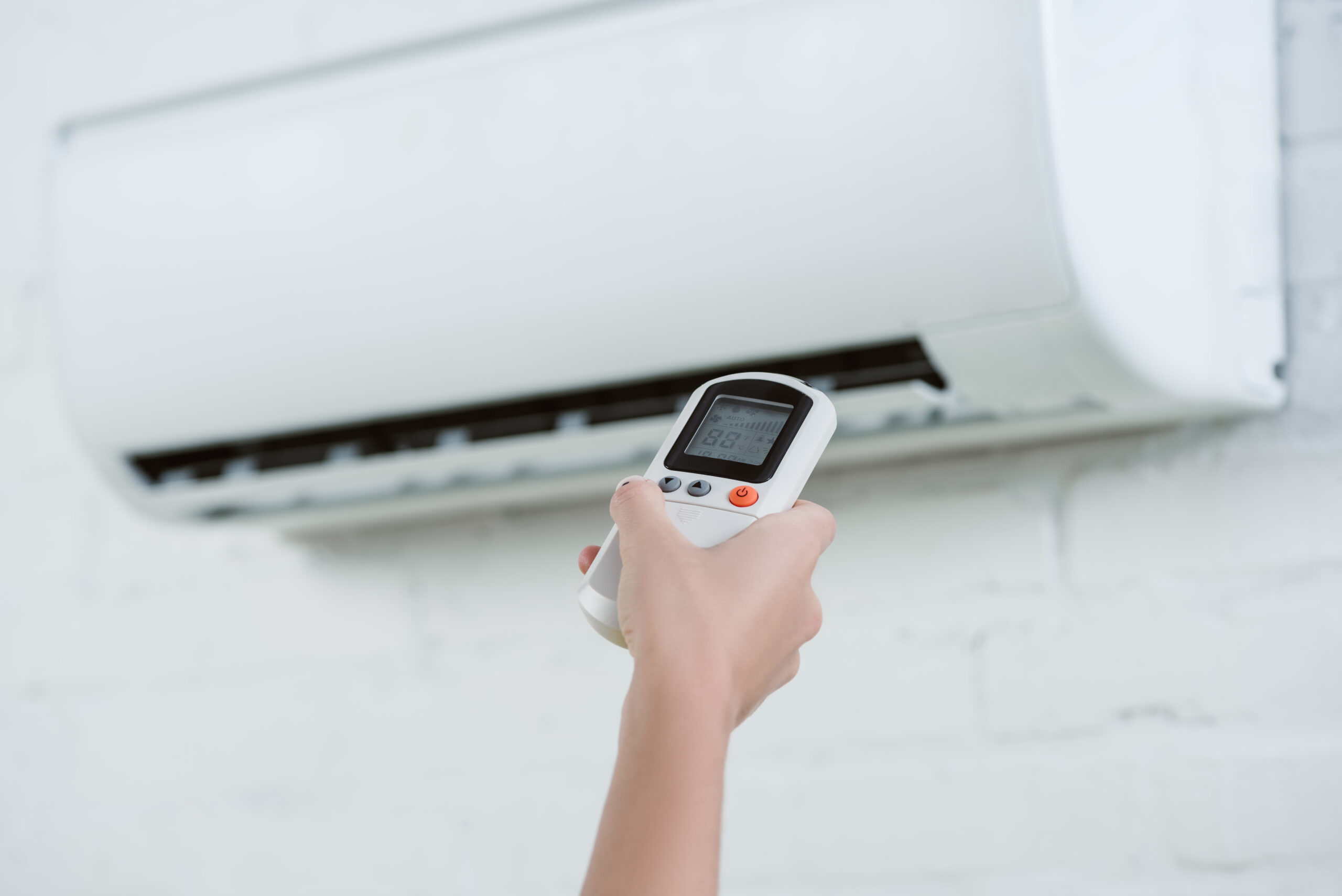
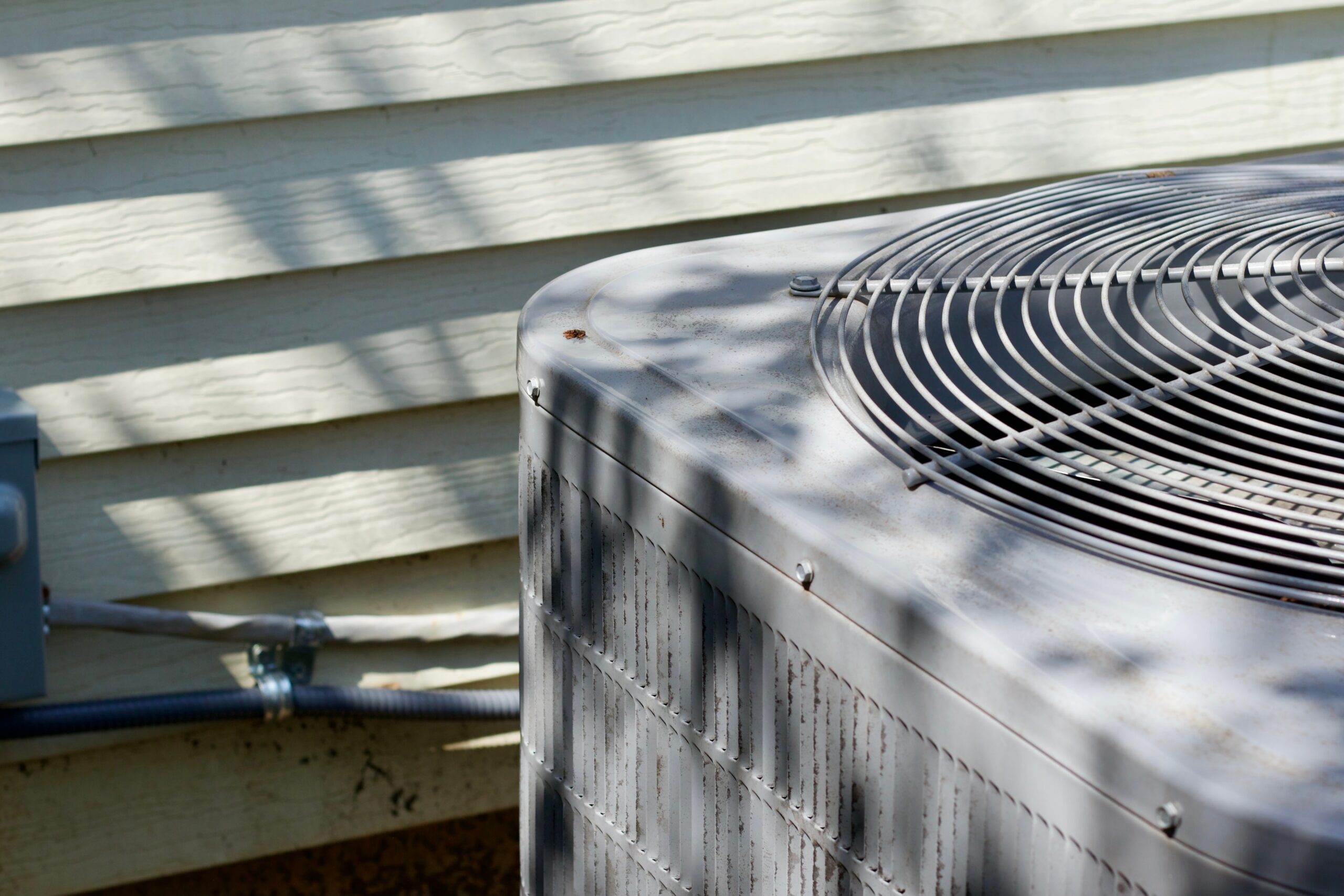
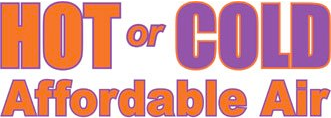


 100% Guarantee. If you aren't happy, we will keep coming back until you are.
100% Guarantee. If you aren't happy, we will keep coming back until you are.




